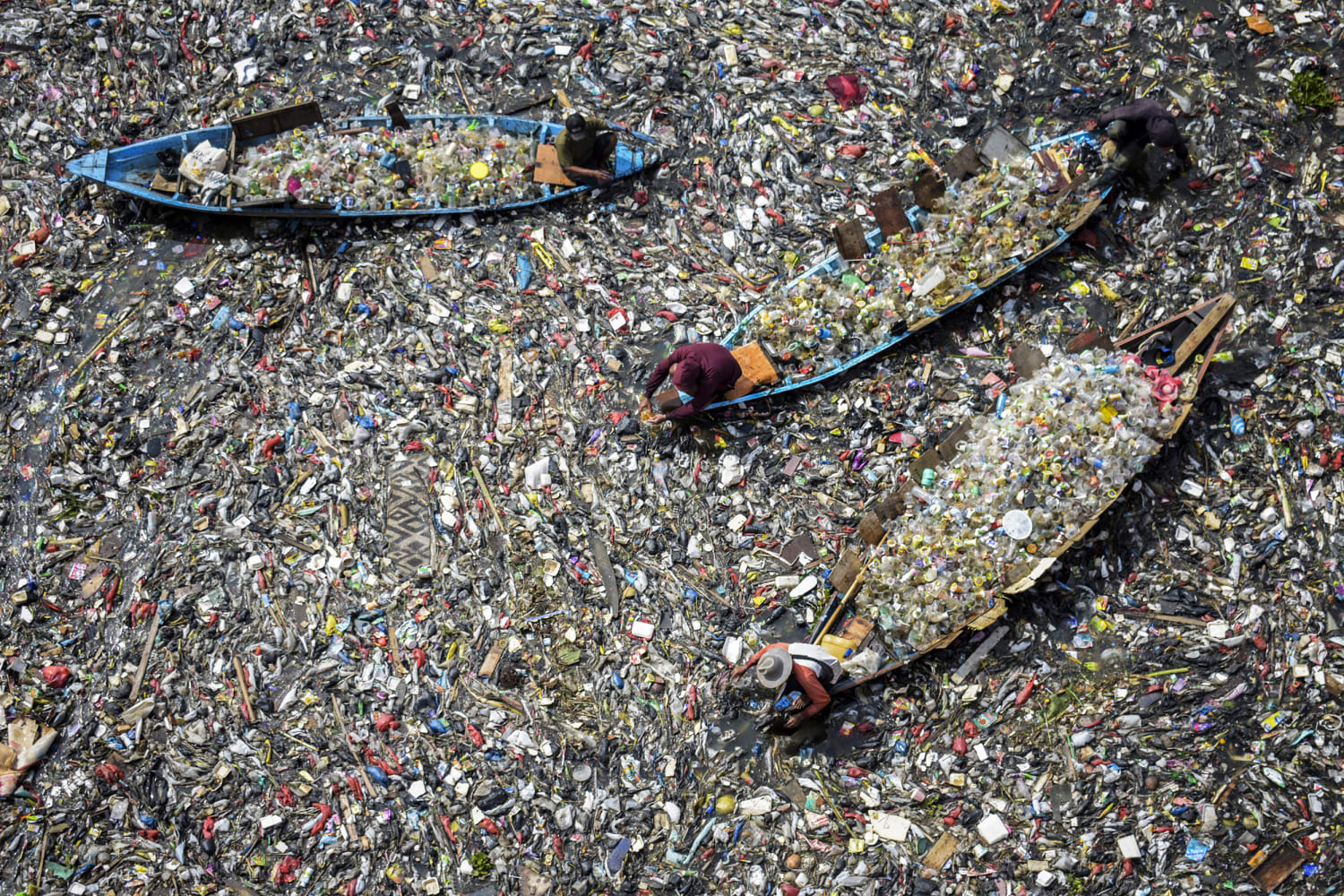Plastic pollution is not just an environmental issue; it has emerged as a major and under-recognized public health crisis. A new report published in The Lancet reveals that the global cost of health-related damages due to plastic pollution exceeds $1.5 trillion annually.
Prepared by top health experts, the review urges immediate international action as delegates from nearly 180 countries prepare to meet in Geneva to draft the world’s first treaty on plastic pollution. Previous attempts have failed, but this report raises the stakes by highlighting the severe health risks tied to unchecked plastic production and waste.
Plastic Chemicals and Microplastics Threaten Human Health from Infancy to Old Age
The report details how plastic chemicals are linked to serious health conditions across all life stages. From reduced birthweight and miscarriages to adult-onset illnesses such as cardiovascular disease, diabetes, obesity, and cancer, the toxic effects of plastics are widespread.
Especially concerning is the heightened vulnerability of infants and young children, whose development can be permanently impaired by early exposure. The breadth of harm illustrates how pervasive and dangerous plastic-related chemicals have become in modern life.
Adding to the concern is the growing presence of microplastics, tiny fragments of plastic found not only in nature but also within human bodies. Though the full health implications of microplastics remain unclear, scientists are increasingly alarmed by their potential to disrupt biological functions and cause long-term harm.
Their omnipresence and persistent nature make them a particularly insidious part of the plastic pollution problem that demands urgent attention and further research.
Surging Plastic Production and Weak Recycling Pose Growing Threat to Global Public Health
Since 1950, global plastic production has surged from 2 million to 475 million tons annually, with projections suggesting it will triple by 2060. Despite this explosion in production, less than 10% of plastic waste is recycled.
This imbalance between creation and disposal contributes heavily to the accumulation of plastic in ecosystems and communities, further compounding its health and environmental impacts. Without drastic policy changes, this upward trend will likely worsen public health outcomes.
Dr. Philip Landrigan, a co-author of the report, emphasized the link between the plastic crisis and climate change, both driven by fossil fuel dependence and both responsible for escalating global health damage. He urged the Geneva delegates to find common ground and take meaningful action.
The report presents the Geneva negotiations not just as a diplomatic event, but as a critical opportunity to confront an escalating crisis with real, lasting consequences for the health of people and the planet alike.

Leave a Reply